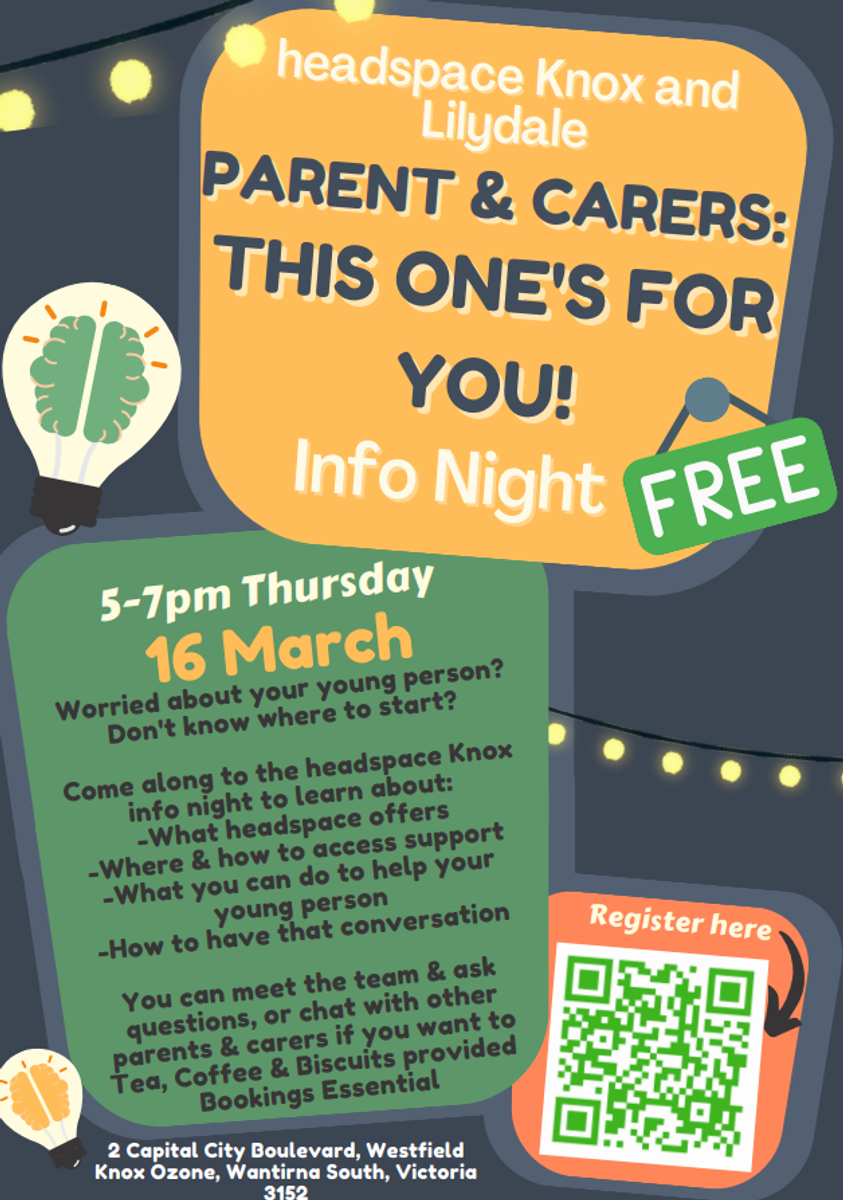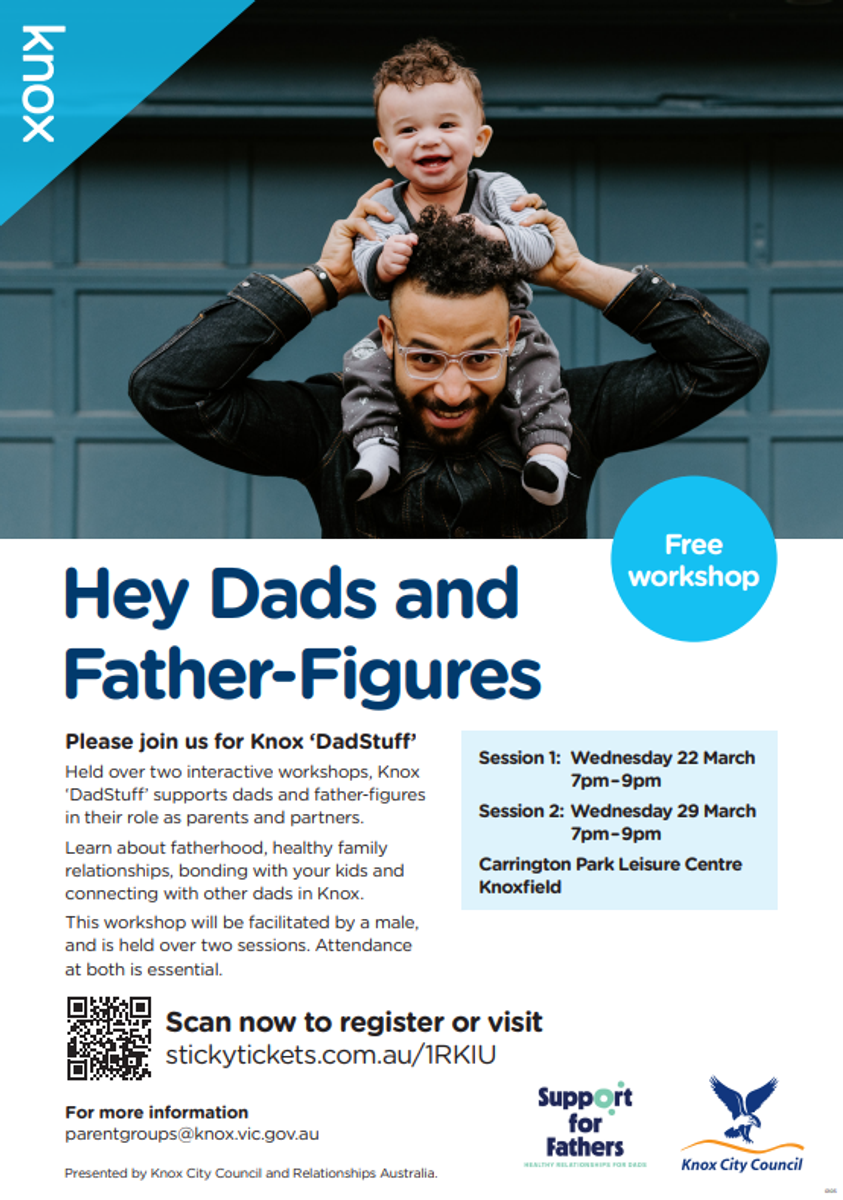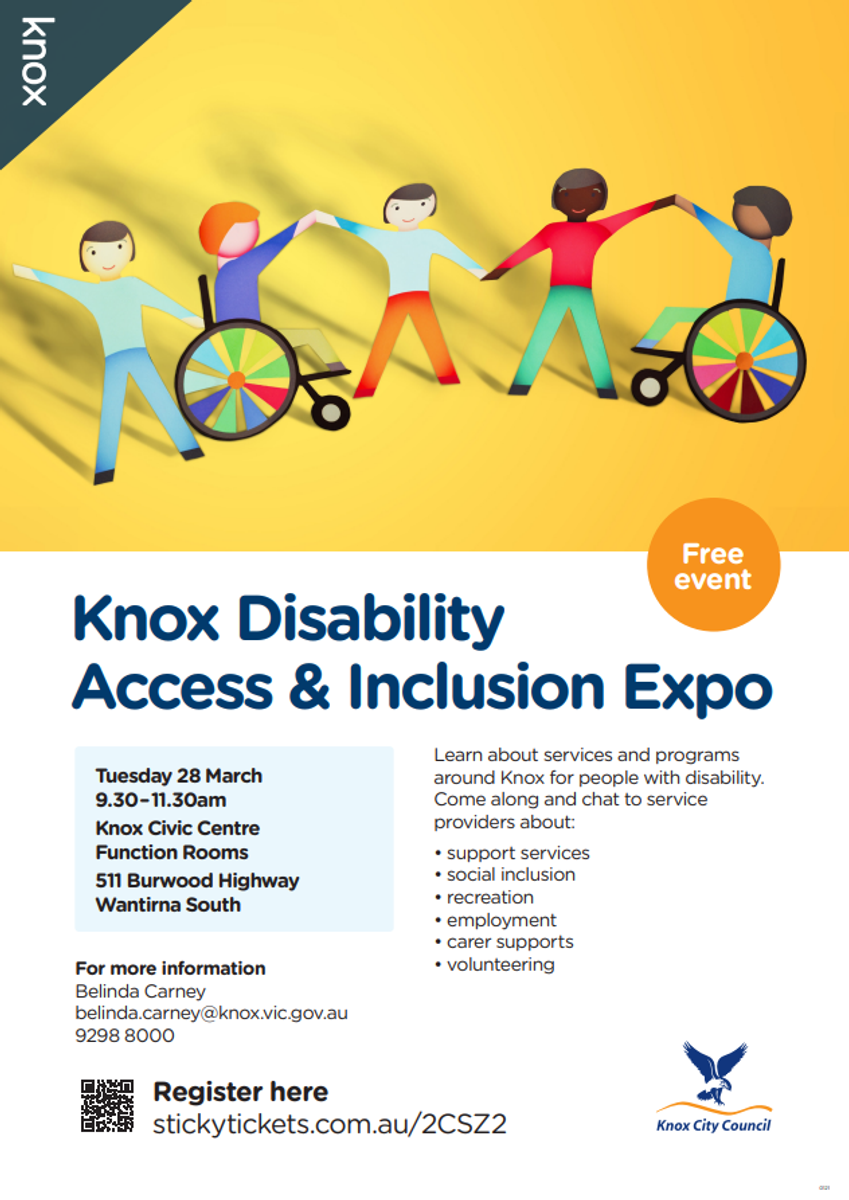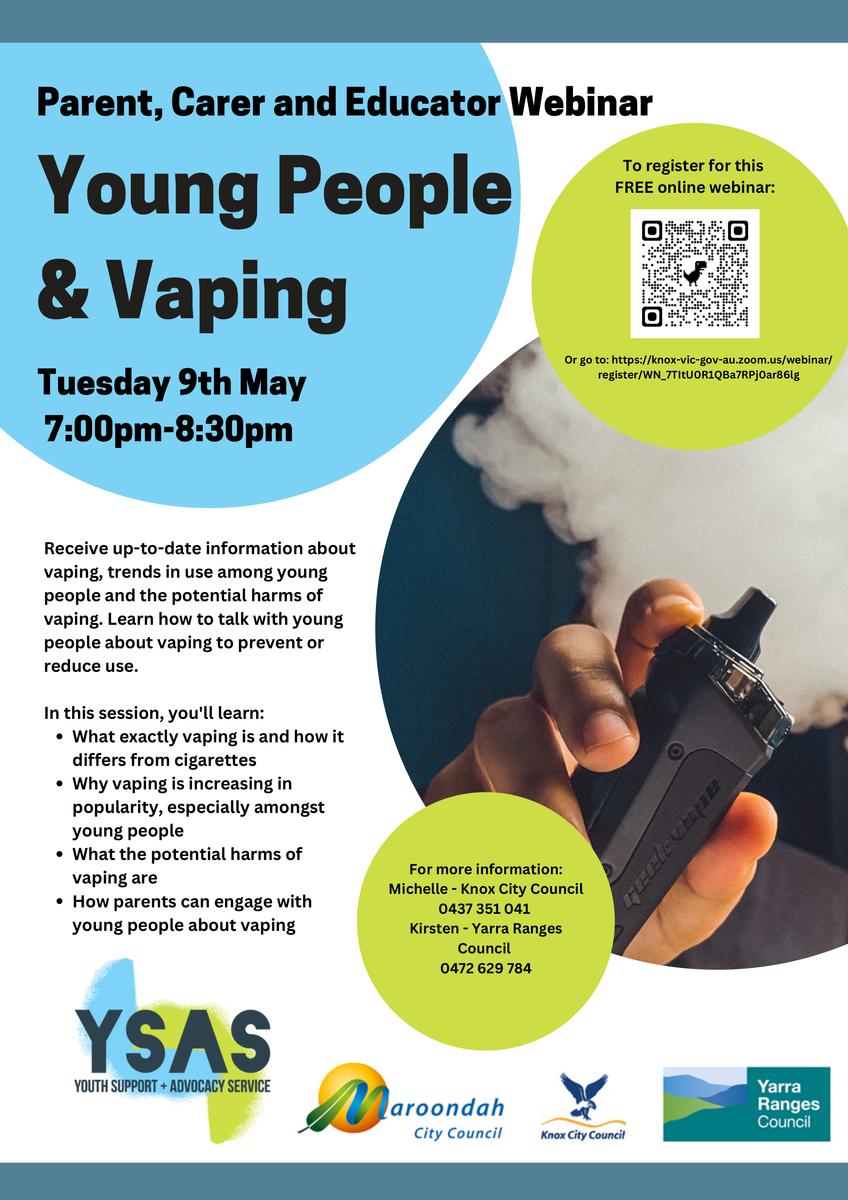Parent Wellbeing
Wellbeing

Parent Wellbeing
Wellbeing
It’s often said that communication is the key to a healthy relationship. While it might sound like tired advice, it’s a skill worth learning that will help us do better in all our relationships. As your child grows up, the way you communicate with them will need to change to reflect the new boundaries in your relationship created by their increasing independence.
Discovering these new and different approaches to communicating effectively with one another will be a learning experience for you both. Effective communication with your teenager can help you both feel happier and more connected in your relationship, and more confident about having difficult conversations and resolving conflicts.
Effective communication can help if:
What is effective communication?
You and your child are communicating effectively when:
Communicating with teens can sometimes be difficult, in busy households, it’s easy to overlook making time and space in your day to have a really good talk with your child and find out what’s going on in their life.
When your child no longer depends on you as much as they once did, it’s harder to know everything that’s going on in their lives as the communication between parents and teenagers seems to decrease. They are more independent, and so you have to make time to check in with them to find out how they’re going.
Why is effective communication important?
Your relationship is changing, and you have to be flexible and able to change with your child. But don’t ever think that they need you any less as a good sounding board. During adolescence, they need you just as much as they ever did. The best way to support them is by making sure they’ll come to you with any problems they’re having, and that’s why effective communication is so important.
What can help in communicating effectively with your child?
Here are some tips that can help you have positive and constructive conversations with your child:
Barriers to effective communication
Try to minimise the following, which act as barriers to effective communication.
Active listening is an important skill in any relationship and is all about building rapport, understanding and trust. When you actively listen to your child, you will hear what they are actually saying, not what you think they are saying.
When you are having a conversation with your child, encourage them to open up and talk by asking questions such as:
Let them know that you understand by summarising the situation as you’ve heard it. This also takes the emotion out of the situation and allows them to see the facts.
Your child isn’t always looking for you to fix a situation or solve a problem for them. Avoid jumping in with advice, such as: ‘Well, just do this or that.’ Instead, help them move towards finding a resolution themselves by asking: 'What do you think is best thing to do now?'
Later, ask them how the situation played out. In this way, they’ll learn about how to process situations for themselves.
There is always more than one way to work through things. Having these sorts of conversations helps your child explore how they manage their relationships and gives them clues about how to communicate well with others.








The Wellbeing Team have compiled a range of resources and support services for students and families to access via Compass under Community (the two people) – School Documentation – For Students/For Parents – Wellbeing Resources.
Parentline: 13 22 89
If you would like further ongoing support, it is recommended that you make an appointment with your family General Practitioner (G.P.) where you can discuss the concerns that you may behaving. The G.P. will then be able to make the appropriate referral for ongoing support as required.
Student Wellbeing Team
Email: wellbeing@wantirnacollege.vic.edu.au
Guiseppe Relia – Wellbeing Coordinator
Talea-Jane Simpson – School Counsellor
Lea Marrison - Mental Health Practitioner
Tajinder Wulff - Mental Health Practitioner